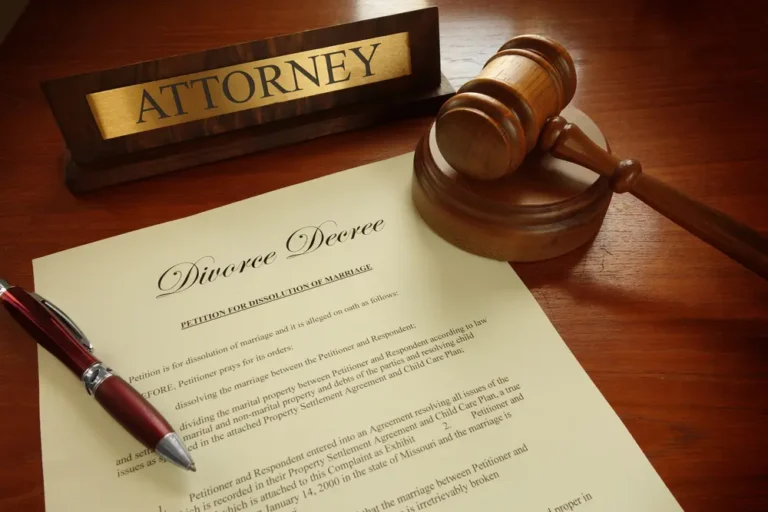Do Mothers Always Get Custody of the Kids?~2 min read
There was a time when people in general and family law courts presumed it was in the best interest of the children to give primary custody to the mother. In recent years, that presumption has changed in Texas and almost all other states.
In Texas, when parents’ divorce, the law presumes that the parents should be “joint managing conservators.” This means that they would share decision-making responsibilities concerning their children. This does not mean that the children’s time with their parents will be split equally.
Types of Custody in Texas
Texas has three types of custody, which is referred to as conservator-ship. They are:

- Joint managing conservator. This means the parents share decision-making about their children including their healthcare and their education. It does not necessarily mean that the children spend equal time with each parent.
- Sole managing conservator. One parent is given the exclusive right to make decisions about the children. This is generally because one parent has been absent from the children’s lives, has been involved in family violence, has been involved in child abuse or neglect, or has an alcohol or drug dependence problem.
- Possessory conservator. If one parent is named sole managing conservator, the other parent is referred to as the possessory conservator.
The Court Will Make Its Custody Decision on What is in the Best Interest of the Children
If the parents are unable to reach their own parenting agreement, the judge will hold a hearing to determine the conservator-ship of the children. The court’s primary consideration, according to Texas law, is the best interest of the children. Some factors courts may consider in making this determination include:
- The child’s wishes. The court may interview, in chambers, any child the court feels has the capacity to form an intelligent opinion.
- The willingness of one parent to encourage a relationship with the other parent.
- The mental and physical health of each parent.
- The relationship each parent currently has with the children.
- Whether either parent has a history of domestic violence, child abuse, or child neglect.
At the custody hearing, each parent is given the opportunity to present evidence to support their custody request.
For more information about child custody, contact Daniel Abasolo at 940-387-0404 to schedule a consultation.






